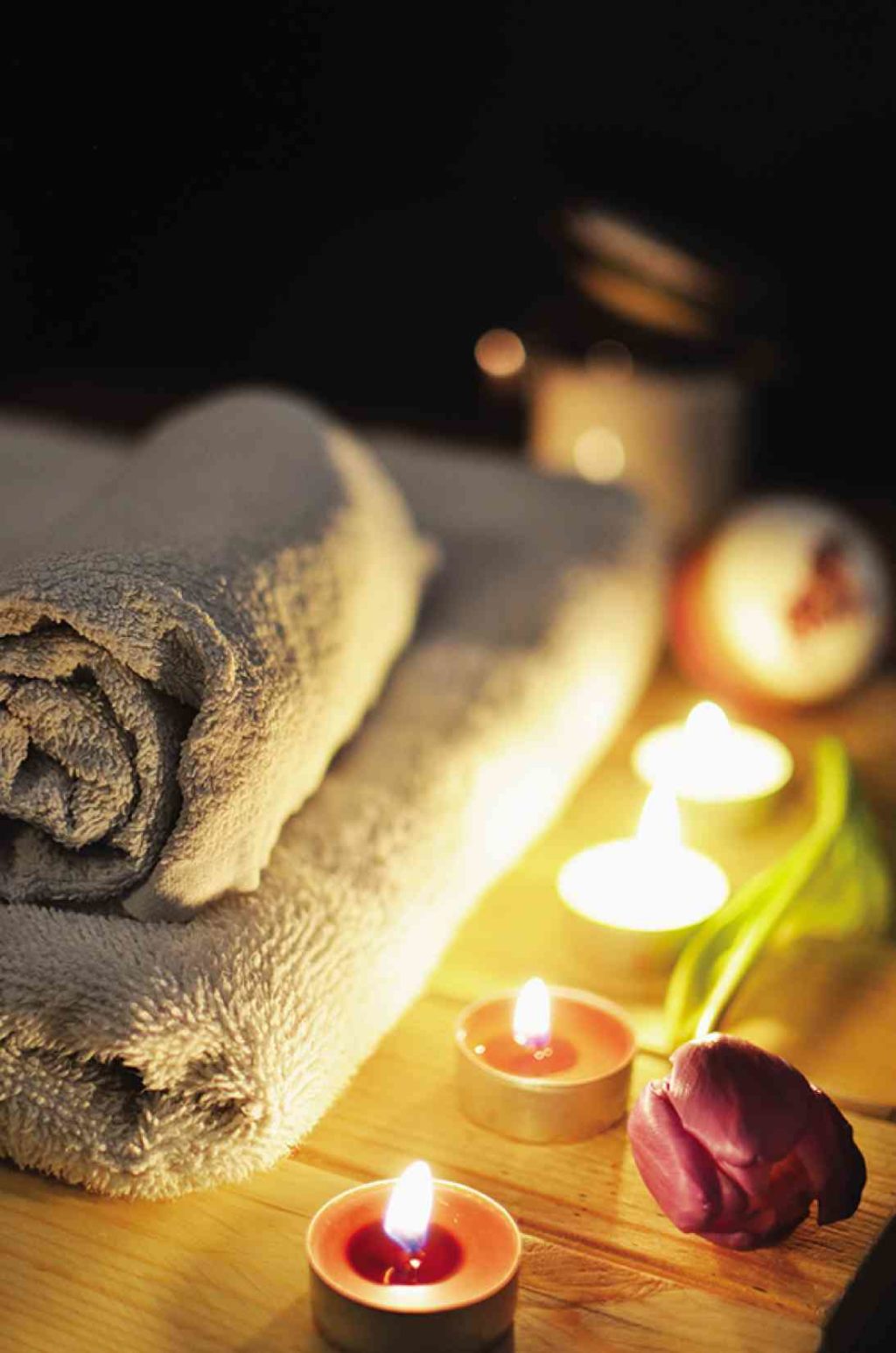Don’t you just love it when you enter a pleasant-smelling room? The aroma of fresh-baked cookies, sweet smell of flowers, the scent of newly-washed clothes—all these make us feel right at home.
Yet smell is something that many of us rarely consider in the design of our homes.
More often than not, we are more concerned with eliminating it through exhaust vents and electric fans. We rarely allow our noses to enjoy our experiences in space, as we often lean toward what we see and feel. Maybe it’s about time we smell the roses, so to speak, and appreciate the sense that is often forgotten.
Experience of smell
Can you actually experience a space with just a whiff?
This is the premise of “An Olfactory Archive: 1100-1969,” an exhibit conducted by the Architecture Division at California College of the Arts in San Francisco, United States in 2013.
A collaborative work involving architects, artists, and perfumers, the exhibit simply featured a row of glass containers containing designed scents.
The scents were developed to reconstruct or imagine historical places. Featured perfumes include “Paris 1738” by Christoph Hornetz and Christophe Laudamiel and the “Olfactory Reconstruction of Philip Johnson’s Glass House” by Jorge Otero Pailos.
The idea, as proposed by the writer Amelia Taylor-Hochberg, was to imagine space in a new way or represent a place’s atmosphere as it once was.
Showcasing products invisible to the eye, the exhibit uses a unique medium in appreciating architecture. The said exhibit further showed that the sense of smell can be highly influential in our perception of spaces.
A study conducted by a German University shows that smells trigger memories more effectively than visual or verbal cues (Arshamian et. Al.).
Familiar scents easily allow us to relive pleasant or negative experiences. They help us adapt to new environments more easily, by introducing something familiar.
Likewise, they allow us to determine undesirable environments, such as unsanitary spaces. Overall, smell is a powerful tool that shapes our experiences and that lingers in our brains.
Designing with scents
So how can we install spaces with scents? Nowadays, you can choose to work with a variety of items.
Diffusers help scents spread throughout a room, but candles are effective in creating ambiance with lights and smell. Fragrance sticks are safe to use because they eliminate flames. Another easy but effective alternative would be to simply brew herbs or fruits in a pot.
When it comes to fragrances, perfume expert Sue Phillips recommends particular choices for different rooms:
Kitchen
The smell of citrus is said to help eliminate the lingering odors of cooked meals and can likewise promote a more zesty atmosphere.
Bedroom
Floral scents such as lavender can help induce sleep and encourage relaxation. Other options include ylang-ylang, jasmine and rose.
Office
The smell of peppermint helps keep you more alert, less anxious and less tired. Use this scent to survive a hectic schedule at home or at work.
Living room
Wood scents such as cedar wood or sandal wood will help your guests feel more comfortable in your home.
Bathrooms
“Better Living” blog suggests looking toward the color scheme of your bathroom for your ideal scent.
A brown bathroom matches spicy scents, a pink bathroom suits floral scents, while the yellow bathrooms match tangy scents. Remember to clean the bathroom regularly as fragrances do not effectively mask bad smells if these linger in the room.
Overall, considering smell in one’s home design allows us to experience a more sensorial experience at home.
By using our noses to appreciate a place, we are enabled to experience another dimension of spaces. Who would have thought that by “smelling architecture,” we will be able to enjoy moments more and create memories that last?
(Sources: “The Functional Neuroanatomy of Odor Evoked Autobiographical Memories cued by Odors and Words” a study by Arshamian A, et al.; www.planetizen.com; www.rd.com; www.dispenser.com; and www.cca.edu)
The author is a licensed architect who studied abroad and currently works in DSFN Architects. She loves the smell of freshly poured concrete and newly cut grass.


